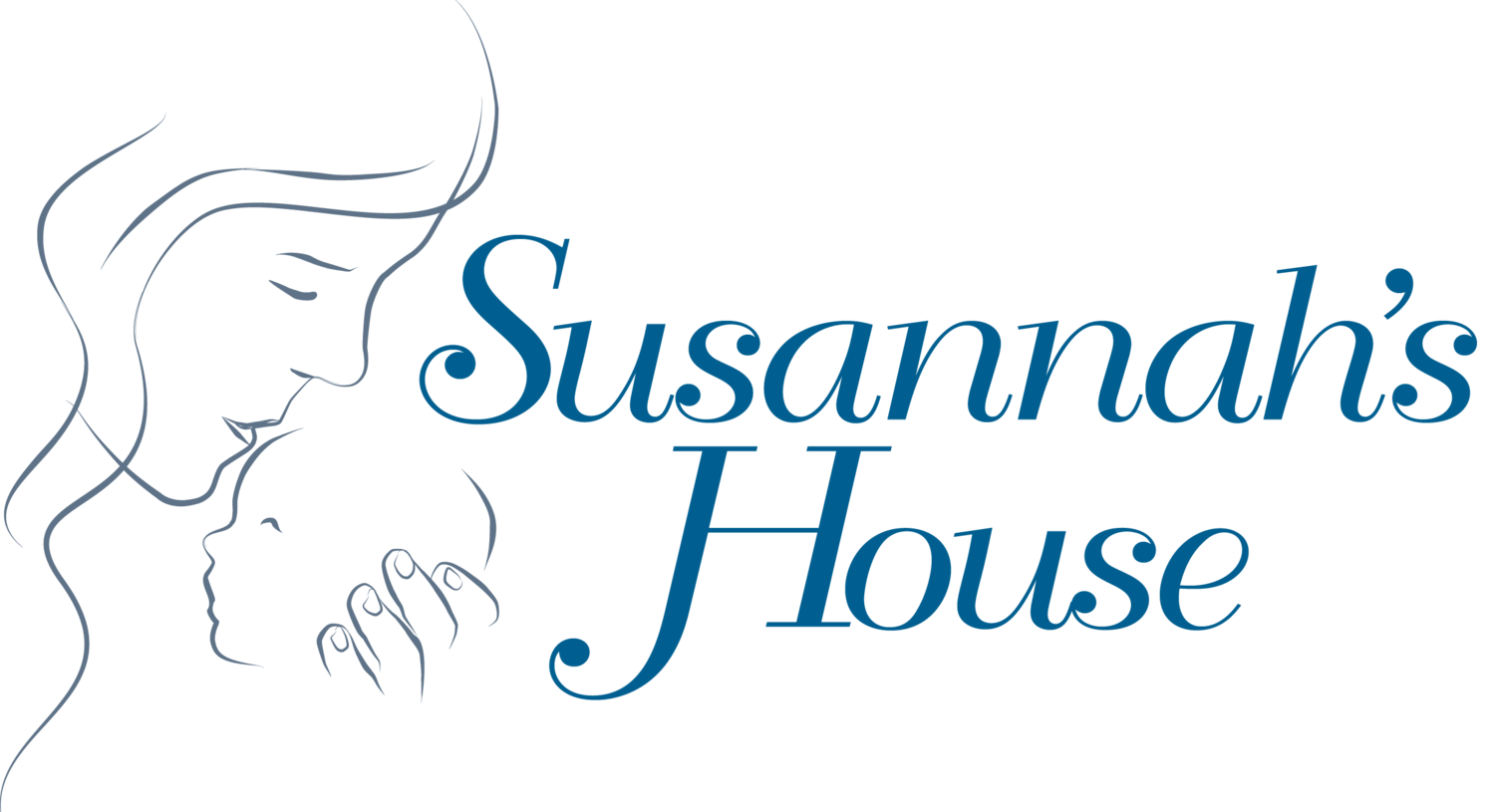Neonatal Abstinence Syndrome
When a pregnant woman takes opioids her baby can be born drug dependent. This is called Neonatal Abstinence Syndrome (NAS), and it’s one of reasons Susannah’s House exists.
October is Neonatal Abstinence Syndrome awareness month, so we are dedicating Susannah’s Journal to talking about it, what it does to our community, and what we’re doing about it.
What Neonatal Abstinence Syndrome Does to Children
Neonatal Abstinence Syndrome affects every woman and child at Susannah’s House. It’s heartbreaking for the mothers to see their newborn children in the hospital, underweight, sick and often crying inconsolably. More than anyone, these mothers can identify with the pain their baby is going through. They’ve almost always experienced withdrawal and may even be going through it at the same time.
Neonatal Abstinence Syndrome in Tennessee
Since the early 2000s, the number of Neonatal Abstinence Syndrome cases in Tennessee has increased by 10-fold. East Tennessee has by far been the hardest hit: last year more than half of Tennessee’s 1090 NAS babies were born here.
More than half of Tennessee's 1,090 NAS babies were born in East Tennessee.
Many drugs can cause Neonatal Abstinence Syndrome, including heroine and cocaine, but in Tennessee prescription pain killers are the biggest probelm. According to the Tennessee Department of Health, over 75% of mothers who delivered babies with NAS in 2017 were taking medications prescribed to them.
Treatment for Neonatal Abstinence Syndrome
With the rise of substance abuse treatment programs for pregnant women in the last five years, the increases in Tennessee NAS cases have slowed dramatically.
Treatment for NAS requires much more than a medical weaning off of drug dependency, though. The emotional trauma in a family with drug dependency leaves scars that can last a lifetime, causing a cycle of drug abuse. A recent study found that children with just moderately high emotional trauma are 4600% more likely to become IV drug users.
Three-quarters of the women at Susannah’s House have a history of trauma. What that these women have gone through, leading them to where they are today, is often shocking. Many have been raped repeatedly since childhood or were even trafficked by their parents. Most had parents who were drug users or incarcerated or both.
Families Recovering from Neonatal Abstinence Syndrome
If a baby is born with NAS, unless the mother’s in a treatment program, the child is removed and sent home with a family member or put into foster care. Susannah’s House helps mothers get clean and sober, so they can be the mom God intended them to be. A large number of our moms have gotten their kids back while they’ve been in our program, and we help them navigate the medical, emotional and legal sides of having a child born with NAS.
It is because of our supporters and the many people raising awareness about Neonatal Abstinence Syndrome that the women in Susannah’s House and the state of Tennessee are on the road to recovery. Thank you!
To help spread the word further this month, the Metro Drug Coalition is asking the public to wear pearls and bowties and post pictures with the #NASMonthTN.
